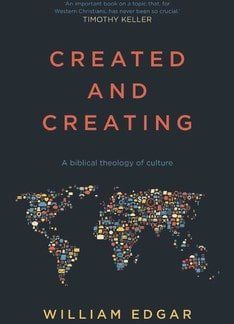This is a disappointing book. The author has the learning, as he discusses the subject of culture and the church, but, as he himself admits, ‘The alert reader will have noticed the dearth of applications in this book’ (p.233).
The book aims at ‘explorations into cultural analysis’ (p.50), but seems to conclude that this is not a ‘present evil world’ (cp. Galatians1:4) after all, and instead explores the contributions of Marxism and other sociological theories on how to improve the world.
His exegesis of biblical texts generally takes the form of questioning traditional interpretations of worldliness. The book can also read like a debate among academics — who are widely quoted.
He provides a good outline of the views of older theologians regarding culture and this world, but his disagreement politely filters through his continual questioning of their exegesis. This questioning can cause confusion for the reader and make simple things appear hard to understand.
For example, ‘believers with eternal life … their cultural endeavours, though purged of the dross of the unholy, will nevertheless remain’ (p.136). What does this mean? The author immediately adds, ‘details are elusive’!
The divide between the natural and spiritual realms is constantly blurred by the author and there is much relativism in his discussion. It is perhaps the author’s universalism that causes this; for example, on God’s covenant blessing of the human race: ‘The heart of humanity’s calling is to know the covenant presence of the Lord God … He has given us all the gifts we need to flourish and return his love’ (p.176).
He does agree that there is a ‘cultural mandate’, but it is difficult to get at what he means by this, as there are so many dialectical qualifications in the book. Spurgeon is quoted occasionally, but there is no absolute agreement with Spurgeon’s view of this world. The latter author would be a much better guide in this area.
James Clark
FCC Seminary, Inverness






